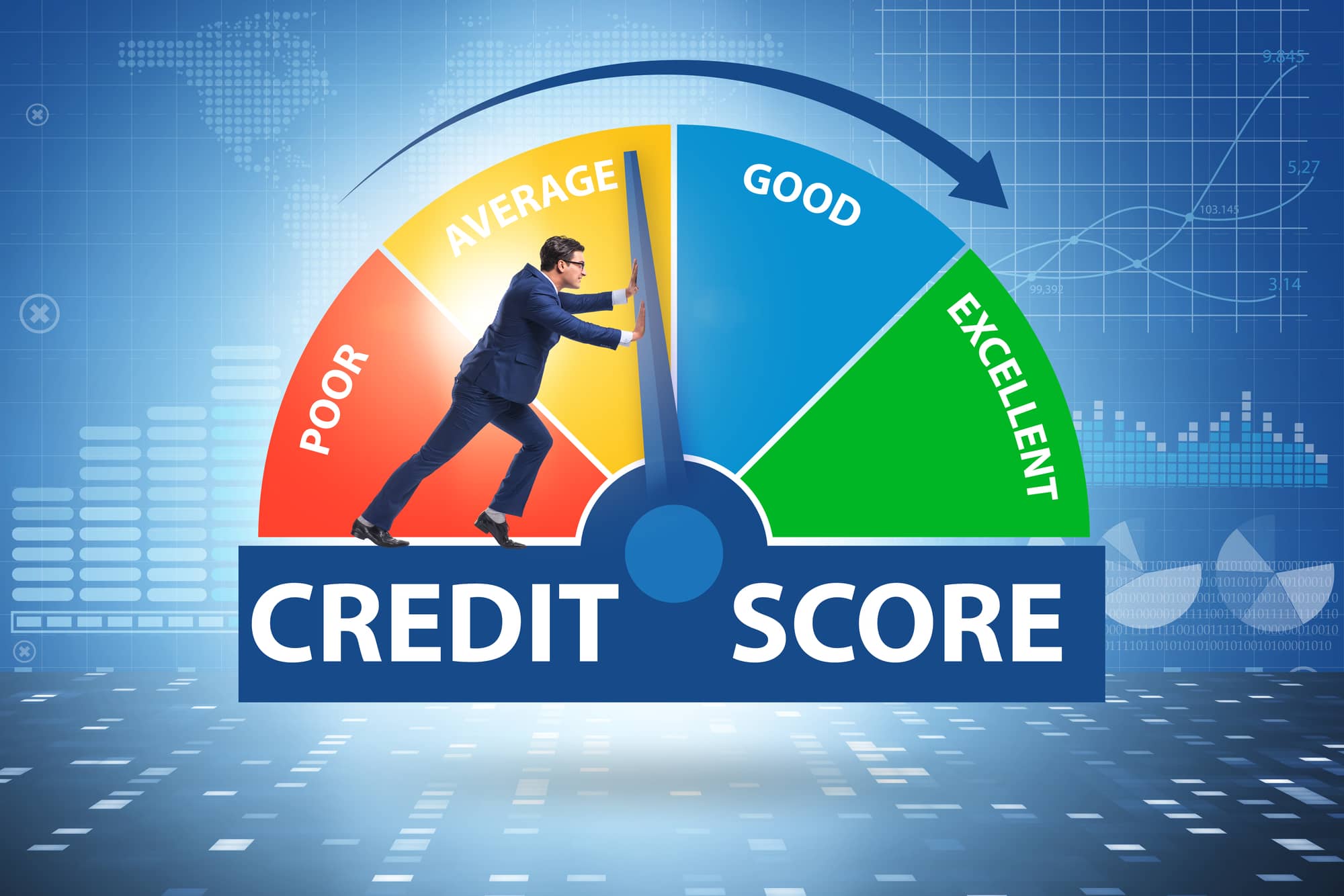Whether you’re young and trying to buy your first car, rent an apartment, apply for a student loan, or are older and are looking to purchase a new home or make a move to a high-level job, your credit score has a big impact. Working on improving your credit score is an important goal. Your credit score is a measure of your creditworthiness. It is a three-digit number, typically between 300 and 850, that represents the chance you will pay your bills on time and in full.
What determines your credit score?
There are five factors that play an important role in determining your credit score. Each weighs differently in the overall score. They include:
- Payment history – 35% of your score
- The amount owed – 30% of the score
- Length of credit history – 15%
- Credit mix – 10%
- New credit – 10%
6 Tips for improving your credit score
1 Make your payments on time
As you can see above, your payment history plays the largest role in determining your credit score. Building a history of paying all of your bills on time can help you achieve a better credit score. This not only includes credit card and loan payments, but also your rent, utility, and other monthly payments. A good way to ensure you make your payments on time each month is to set up auto pay.
2 Work on paying down debt
The amount owed is another large factor in determining a credit score. This is rereferred to as your credit utilization, the amount owed as compared to the total credit you have available. Even if you’re not behind on your bills, high balances on revolving credit, such as credit cards and credit lines, can negatively impact your score. Keeping your credit card balances low, and paying down other debt, could help improve your score. Experts recommend using less than 30% of your credit limit on any credit card. Asking for a higher limit on credit cards and credit lines may help you to keep your credit utilization lower.
3 Leave old accounts open
Length of credit history represents approximately 15% of your overall credit score. For this reason, it’s important to keep old accounts open even if you are not using them. For example, if you pay off several long-time retail store credit cards, and it’s not costing you anything to keep them open, then keeping them open with a $0 balance can make a positive impact on your credit score. Closing an old credit card can also negatively impact your credit utilization rate, as you would have less credit available, as compared to what you have outstanding.
4 Limit the new credit accounts you apply for
While opening new credit card accounts may help with your overall credit utilization, a new credit account triggers a “hard inquiry” on your credit report. A hard inquiry has the potential to temporarily lower your credit score. Several hard inquiries can be a red flag for lenders who may feel you are taking on too much debt. In addition, new credit accounts can negatively impact your credit history by lowering the average age of your credit accounts. You should also refrain from applying for several new credit cards prior to applying for a large loan, such as a mortgage.
5 Add to your credit mix
If you are young and just starting to build your credit history, you may want to add to your credit mix. For example, if you only have a car loan, you may want to add a credit card or two to the mix. This is most likely to help someone who has very few credit accounts or a very short credit history.
6 Monitor your credit report for errors
An error on your credit report can result in a lower credit score. Monitoring your accounts and disputing credit report errors can help you improve your score. You are eligible to receive a free copy of your credit report every 12 months from each credit reporting company. You can request your free credit reports at annualcreditreport.com. If an error is found, you can file a dispute with the credit reporting company. Learn how to dispute an error by reading our blog on “How to Fix Credit Reporting Errors.”
Improving your credit score is possible with patience and a strong focus on the items we mentioned above. The best way to build and keep an excellent score is to establish good long-term credit habits.

